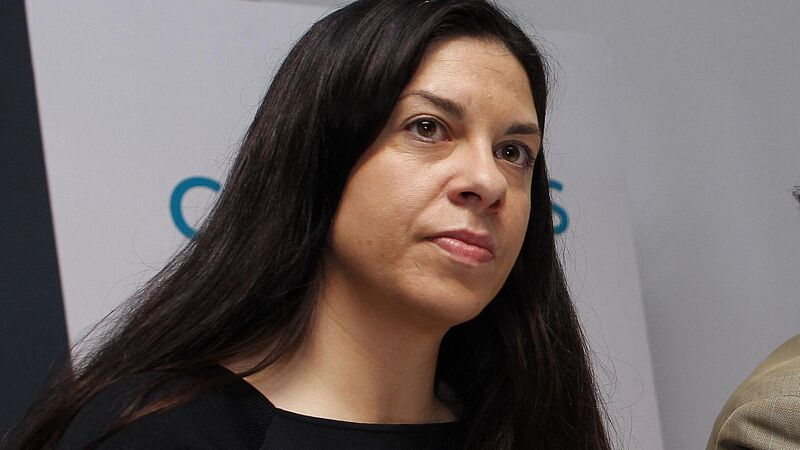Children's advocacy group seeks €5m fund to support poverty-stricken students

Children's Rights Alliance's Tanya Ward said that recent budgets have shown 'significant leaps in terms of tackling the cost of accessing education'.
A €5m fund to help non-Deis schools support poverty-stricken students is being sought in Budget 2025, as End Child Poverty Week kicks off.
The plea by the Children’s Rights Alliance also includes a call for the extension of the Free School Books Scheme to senior cycle, while investment is also being sought for alternative and out of school education.










